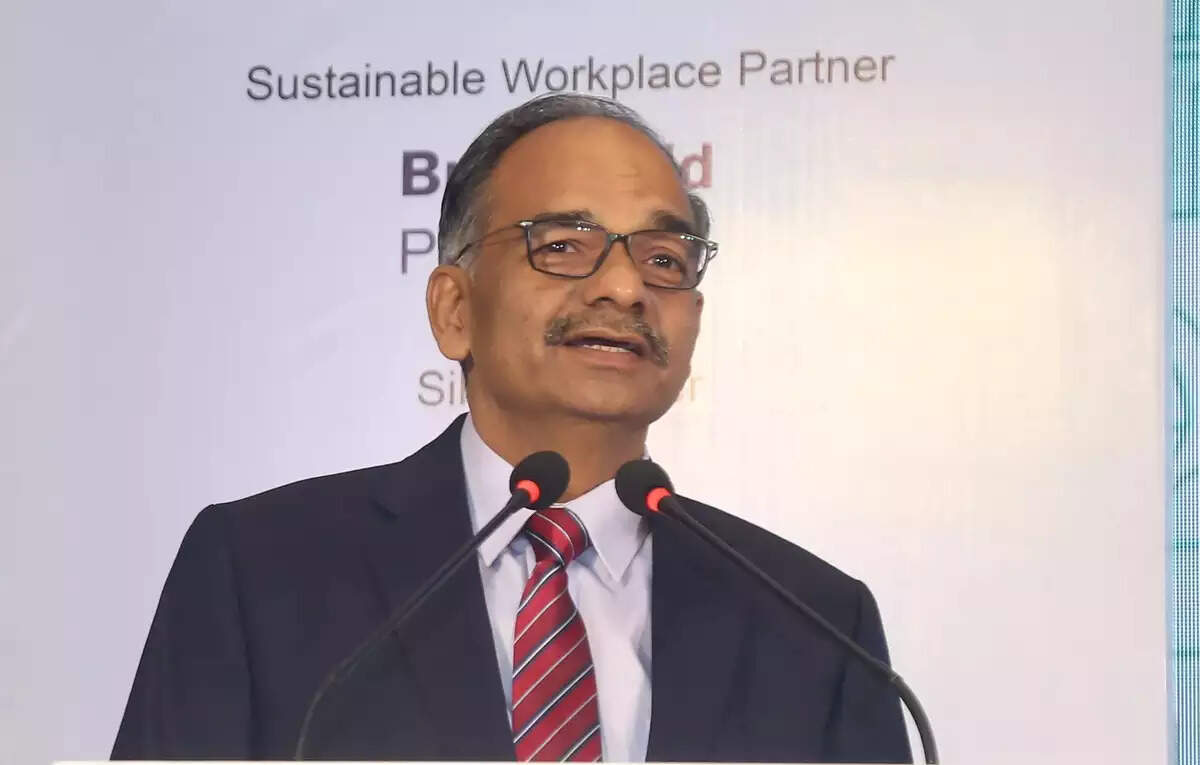
As the world grapples with climate change, India should accelerate its energy transition but not at the cost of affordability and job security, Alok Kumar, former Secretary (Power) of India, said at the Economic Times India Net-Zero Summit.
India finds itself amidst international projections, with some agencies suggesting an aggressive shift to net-zero by 2040, while the official stance leans towards 2070. Kumar outlined the country’s unique position, underscoring that despite India accounting for less than 4% of historical emissions, it bears a disproportionate impact of climate repercussions.
“We have a legitimate aspiration to develop, especially after a century of independence,” Kumar stated, pointing to forecasts that even by 2040, India’s per capita energy consumption would be just over half the global average. “In terms of emissions, even in 2040, our per capita output will stand at 2.4 tons compared to the US 9.5 tonne and China’s 7.3 tonne.”
Kumar, highlighting the fiscal challenge, remarked that an average Indian household spends almost double its income percentage on energy compared to a Canadian household. The crux of the matter, as he sees it, lies in energy security and a significant reduction in India’s reliance on oil and gas imports.
The Niti Aayog, a policy think tank of the Indian government, has projected that despite all measures, by 2047 India will import 79% of its oil needs, a significant increase from the present levels. “If you truly want to safeguard your energy future, reducing import dependence is imperative,” Kumar emphasized.
However, he expressed significant concerns about inadvertently exporting jobs due to energy transition measures. “It’s unacceptable to import solar modules, electrolysers, and batteries from nations like China and see our job opportunities shrink. We need green jobs right here in India.”
Electrification, according to Kumar, will be the backbone of India’s energy transition. While there is a drive to ramp up renewable energy, he voiced concerns over the affordability and domestic production of battery storage.
Kumar lauded the steps taken by distribution companies in the energy sector, especially the automatic fuel and power purchase cost adjustment, terming it a game-changer. “This move has effectively depoliticized power tariffs in India,” he said. However, challenges persist, especially in establishing an effective EV charging infrastructure in densely populated urban areas.
“In cities where people live in high-rise buildings, establishing nightly charging systems for electric vehicles becomes complex. Solutions have to be local and effective,” Kumar stressed.
Kumar also emphasized the need for support, especially for the MSME sector, as they transition to more energy-efficient systems. The government is actively considering proposals to incentivize the adoption of efficient projects for these businesses.

